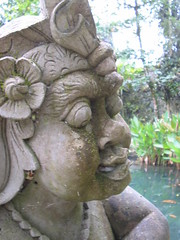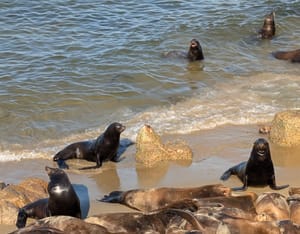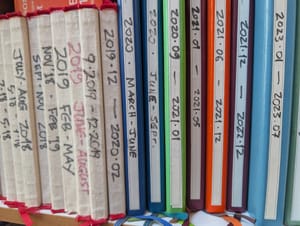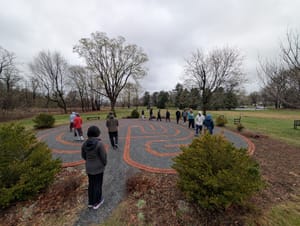Listened this week to an amazing talk by anthropologist Stephen Lansing‘s talk on Bali at the Long Now Foundation‘s seminar series. (Thanks to Jon Udell for linking to it.) Lansing’s talk is an account of how Balinese rice farmers managed to create a system for sharing water and coordinating rice planting schedules in order to optimize the harvest for everyone. The system involves a hierarchical, ground-up network of cooperating farmers, all of whom work together for maximum benefit. Lansing’s talk tackles the anthropological, religious, linguistic, economic, mathematical, and ecological dimensions of the system, which has persisted now for about 1,000 years. And, not coincidentally, it’s democratic in organization.
Interestingly, Lansing and colleagues at the Sante Fe institute ran some mathematical models of rice production and found that, in their simulations, virtual farmers in a similar virtual environment eventually evolved structures very similar to those used by actual Balinese farmers to coordinate water use and planting times. But even if the farmers’ system is economically optimal, it’s the religion that has ensured the system’s longevity, because its rituals give people a way to understand the social networks and a safe way to express their emotions over it.
The sad part of the story is that the Balinese system was very nearly wiped out in the 1970s when international experts came in and tried to rationalize and modernize everything. The system has made a partial recovery, but even now the farmers are still putting fertilizer on their rice paddies — which they don’t need, because the volcanic soil is so rich — and the fertilizer is just washing downstream, unused, into the ocean, where it’s destroying the coral reefs.
Description and discussion of Steve Lansing’s talk – Link to MP3
Long Now Foundation’s other Seminars About Long-Term Thinking



